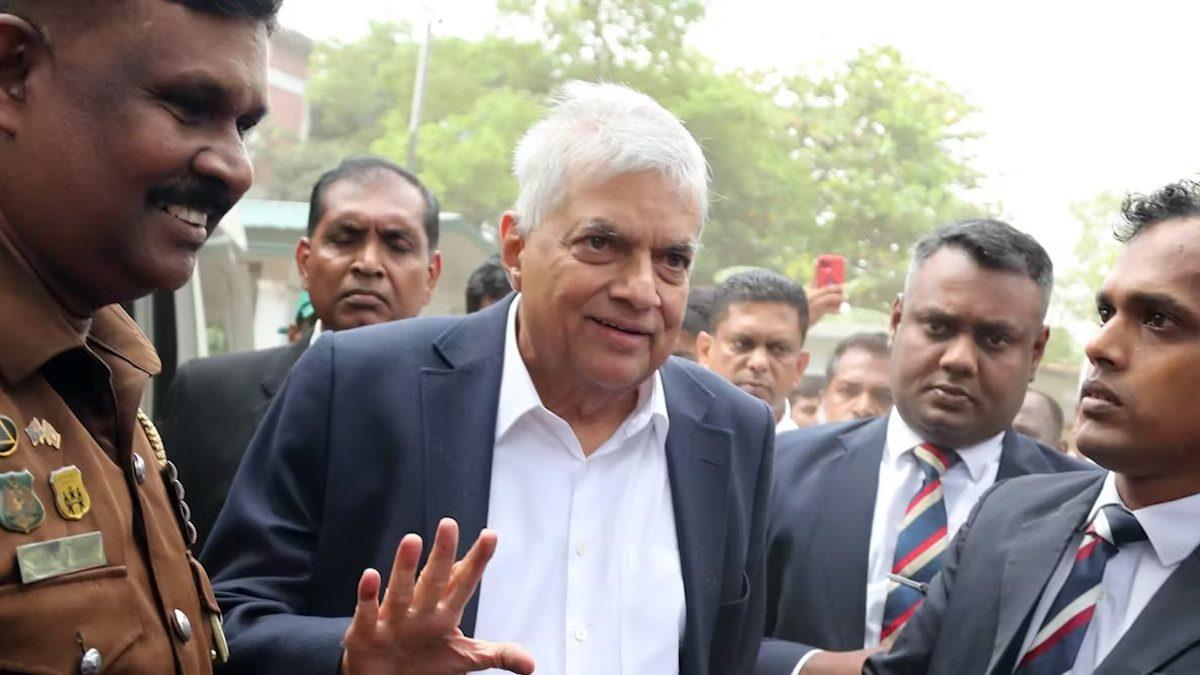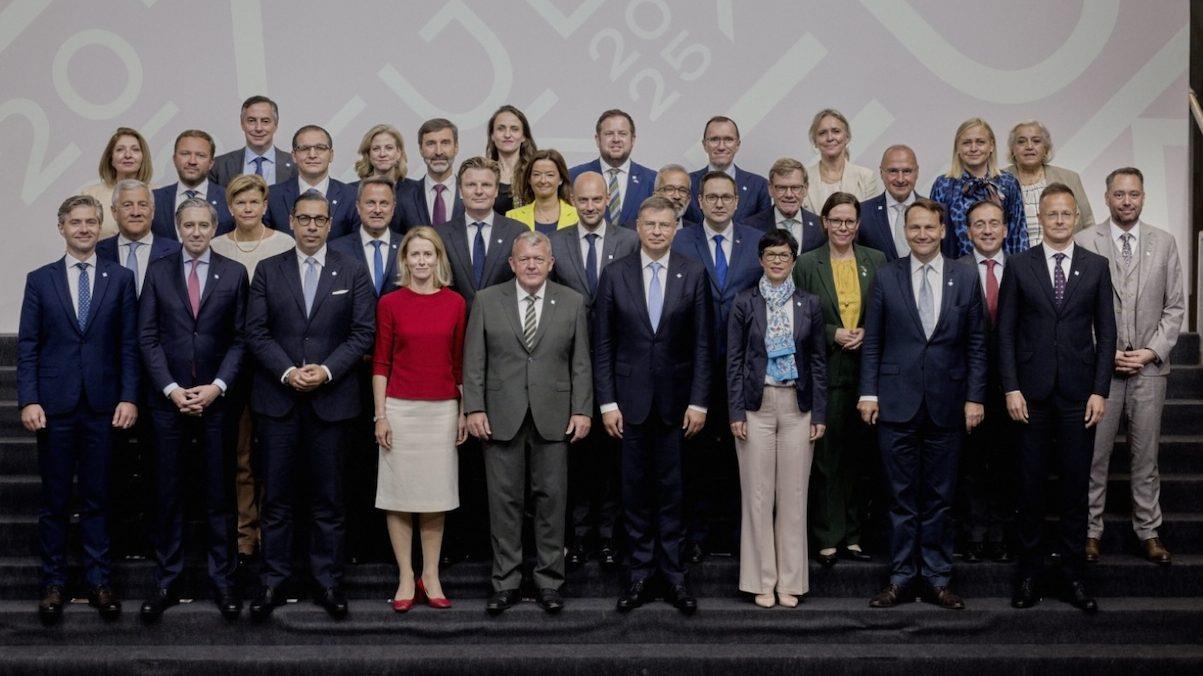
GAAP Gap: US Reporting Rules Tripping Up Japan Inc
A recent KPMG analysis highlights that, while the number of Japanese firms formally reporting under US GAAP is declining, many US operations remain constrained by the parent company's adoption of J-GAAP or IFRS, without sufficient investment in local US GAAP capabilities.
Meanwhile, US regulators such as the PCAOB conduct rigorous inspections of non‐US audit firms , reporting persistent deficiencies, including gaps in internal control over financial reporting (ICFR), often linked to limited US GAAP knowledge among local staff.
In a landscape where even small misapplications in areas like lease accounting or revenue recognition can trigger Securities Exchange Commission (SEC) comment letters, restatements and compliance penalties, the knowledge gap is more than a technical flaw – it's a material risk to Japanese companies' financial integrity and global credibility.
This challenge is exacerbated by a global talent shortage in accounting professionals with deep expertise in US GAAP, particularly among bilingual staff who can bridge US standards with Japanese business practices.
According to the AICPA , the US is already facing a shrinking pipeline of qualified Certified Public Accountants (CPAs), with the number of candidates sitting for the CPA exam falling nearly 33% between 2016 and 2021.
For Japanese subsidiaries, the problem is compounded because they must recruit talent with not only US accounting expertise but also fluency in Japanese and cultural familiarity with the parent company's practices.
As a result, many resort to on-the-job learning or rely on external audit firms to fill internal gaps , an approach that can lead to costly miscommunications and a reactive, rather than proactive, compliance posture.
As Japanese parent companies increasingly shift from US GAAP toward IFRS (with over 200 major firms now reporting under IFRS and the number using US GAAP expected to drop below ten), their international subsidiaries, especially those in the US, face growing pressure to adapt.
This growing IFRS adoption removes the previous option of simply“reconciling” JGAAP to US GAAP, forcing US‐based Japanese firms to either maintain real-time IFRS proficiency or hire external consultants to ensure compliance.
Such reliance on external audit and advisory firms for continuous IFRS expertise can exacerbate the communication gap and put control frameworks on the back foot, further reinforcing a reactive, compliance-heavy approach rather than a proactive, in‐house strategy.

Legal Disclaimer:
MENAFN provides the
information “as is” without warranty of any kind. We do not accept
any responsibility or liability for the accuracy, content, images,
videos, licenses, completeness, legality, or reliability of the information
contained in this article. If you have any complaints or copyright
issues related to this article, kindly contact the provider above.






















Comments
No comment